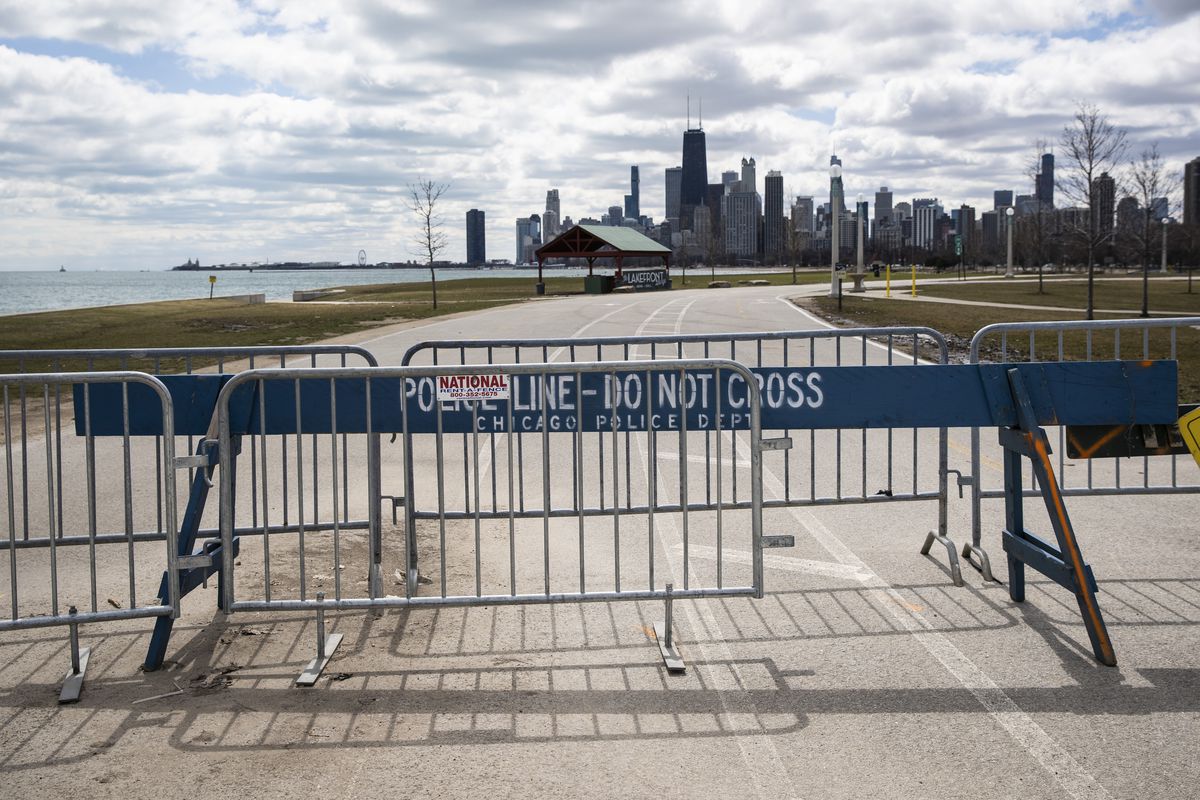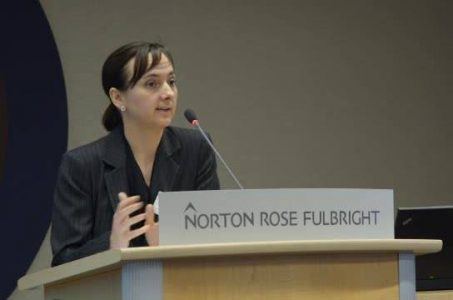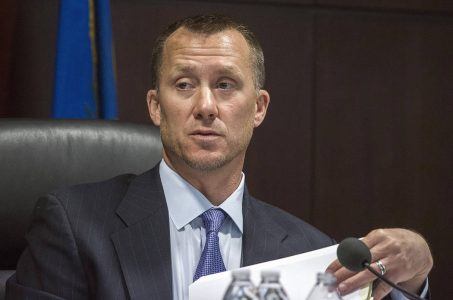Chicago Casino Tax Structure Amended by Illinois General Assembly
Posted on: May 25, 2020, 07:55h.
Last updated on: May 25, 2020, 11:24h.
A change to the Chicago casino tax structure was part of an approximately $40 billion budget plan passed over the weekend by the Illinois General Assembly. The casino measure – House Bill 516 – was included in the budget package.

In June of 2019, Illinois lawmakers and Governor J.B. Pritzker (D) signed a $45 billion infrastructure plan titled “Rebuild Illinois.” The massive spending initiative authorized five regional land-based casinos in the Chicago suburbs of Waukegan, Rockford, South Suburbs, Williamson County, and Danville. It additionally allows a larger integrated resort casino in downtown Chicago.
The casino expansion is designed to help pay for some of the infrastructure spending, which is to rebuild roads, bridges, railroads, universities, and state facilities over the next six years. But the Chicago IR, the most critical component to the casino initiative, was seen as excessively taxed and therefore unattractive to casino operators with the financial wherewithal to bring such an entertainment destination to fruition.
Chicago Mayor Lori Lightfoot (D) successfully campaigned state lawmakers to reconsider how the casino property will be licensed and taxed.
Casino Overhaul
Under the state’s original law, the downtown Chicago casino, a feasibility study concluded, found that the venue would be taxed at an effective rate of 72 percent. The Illinois Gaming Board (IGB) commissioned Las Vegas gaming consultancy Union Gaming to conduct the review.
The effective tax on the casino’s gross gaming revenue (GGR) is based on a 38.7 percent tax rate on casino win, plus a 33.3 percent “privilege tax” that is to fund pensions for first responders.
“To the extent a casino operator could pare down expenses and realize modest revenue and profits from non-gaming amenities … total enterprise profit margin would, in a best-case scenario, likely equate to a few pennies on the dollar,” Union concluded.
Along with the exorbitant tax rate – which would be the highest in the country – the Chicago casino operator would need to pay a $15 million upfront license fee once awarded, and up to $120 million in gambling position fees. Each position (seat at a slot machine or table game) requires a one-time payment of $30,000. The Chicago casino could have up to 4,000 gaming positions.
The change is expected to reduce the amount of tax revenue received by the state by from $850 million a year to $500 million. “We’ll move from the expectation that we had that was infeasible – a reality that we currently have, which would be zero. And now, based on this legislation, we would have approximately $500 million,” said Rep. Ryan Spain (R-Peoria).
Changes Coming
If signed by Pritzker, the $40 billion budget plan approved on partisan lines over the weekend (House 64-44, Senate 37-19) will reduce the overall tax arrangement, and allow the casino to delay paying in full the licensing and gaming position fees.
The idea is to make this work for Chicago, so that we could fund a vertical capital bill, put people to work,” said bill sponsor Rep. Bob Rita (D-Blue Island). “Not only for Chicago, but for everywhere in the entire state of Illinois. This is good for everyone for jobs and development – having a Chicago casino be real.”
The exact location of the Chicago casino is still in question.
Related News Articles
David Baazov’s Lawyer Grills AMF, Claims Regulator’s Case Is Full of Holes
Burnett Stepping Down as Chairman of Nevada Gaming Control Board
Most Popular
FTC: Casino Resort Fees Must Be Included in Upfront Hotel Rates
Genovese Capo Sentenced for Illegal Gambling on Long Island
NBA Referees Expose Sports Betting Abuse Following Steve Kerr Meltdown
UPDATE: Former Resorts World & MGM Grand Prez Loses Gaming License
Most Commented
-
UPDATE: Whiskey Pete’s Casino Near Las Vegas Closes
— December 20, 2024 — 30 Comments -
Caesars Virginia in Danville Now Accepting Hotel Room Reservations
— November 27, 2024 — 9 Comments -
UPDATE: Former Resorts World & MGM Grand Prez Loses Gaming License
— December 19, 2024 — 8 Comments -
FTC: Casino Resort Fees Must Be Included in Upfront Hotel Rates
— December 17, 2024 — 7 Comments
















No comments yet